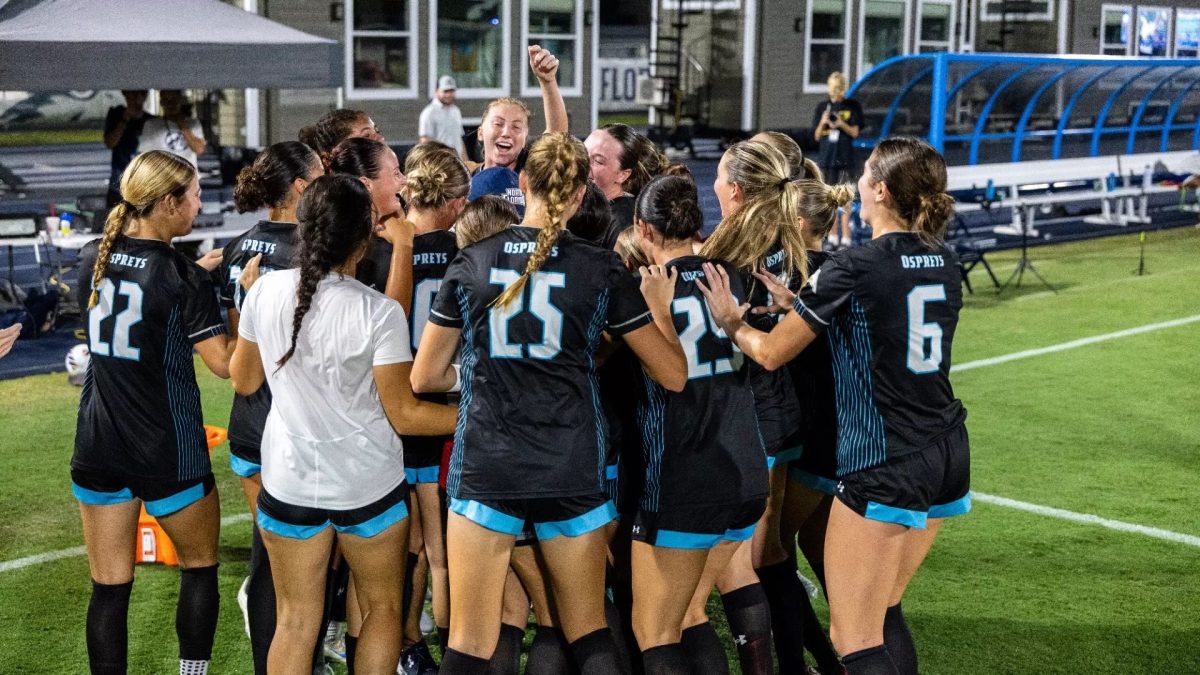by Sara Gossman
The “Freshman 15,” the infamous notion that college freshman gain 15 pounds in their first year of school, has recently been proven false.
A recent study on college weight published in the Social Science Quarterly found that no more than 10 percent of college freshman gained 15 pounds during their first year. In fact, many freshmen reported that they actually lost weight.
However, the notion that freshman gain weight during the first year of college hasn’t been dismissed—college freshman still gain weight, but the number of pounds gained is closer to three and a half. College students in general gain weight over their college years, but it is still a small amount: women gain roughly seven to nine pounds, and men gain 12-13 pounds. These amounts are typical of any aging individual, regardless of whether or not they attended college.
Catherine Christie, associate dean of UNF’s Nutrition and Dietetics Department and Associate Professor of Nutrition, was not surprised by the results of the recent study.
“Other studies have led us to believe it is a myth: some found that the average weight gain was 5 pounds, this one found a little bit less than that – three and a half or so during that first year,” Christie said.
However, don’t go and order that double cheeseburger and fries from a local fast food restaurant just yet. Even though the 15-pound weight gain is actually closer to three, weight gain should still be treated seriously.
“I think it’s important even if the weight gain isn’t as much to still look at the problem, because what we know is that the average person after age 20 gains a pound a year, and those pounds typically don’t go away,” Christie said. “So even though it is not 15—which would be alarming—there is still an issue with that gradual weight gain.”
Luckily, there are many ways for the weight-wary UNF student to stay within a healthy weight range. For those who want to lose or maintain weight, Professor Christie recommends monitoring weight often, exercising, and making healthy choices. Students on a tight budget are not excluded: even though living a healthy lifestyle can be expensive, it is not impossible to be healthy and still have money left over.
“If you commit to healthy eating, you’re going to be buying fruits and vegetables, but you’re not going to be buying soft drinks and chips and things like that,” Christie said. “Deleting some of those foods that aren’t going to add to health is going to leave room in your budget to buy the foods that are going to add to health.”
For those who need or want more assistance with their weight goals, students can learn more about healthy habits by taking a nutrition class as an elective or making an appointment with the One Stop Nutrition Clinic. One Stop Nutrition Clinic is located in the UNF Department of Health Promotion’s office, building 3, room 1201. The clinic is open on Fridays, and is completely free to UNF students.
















